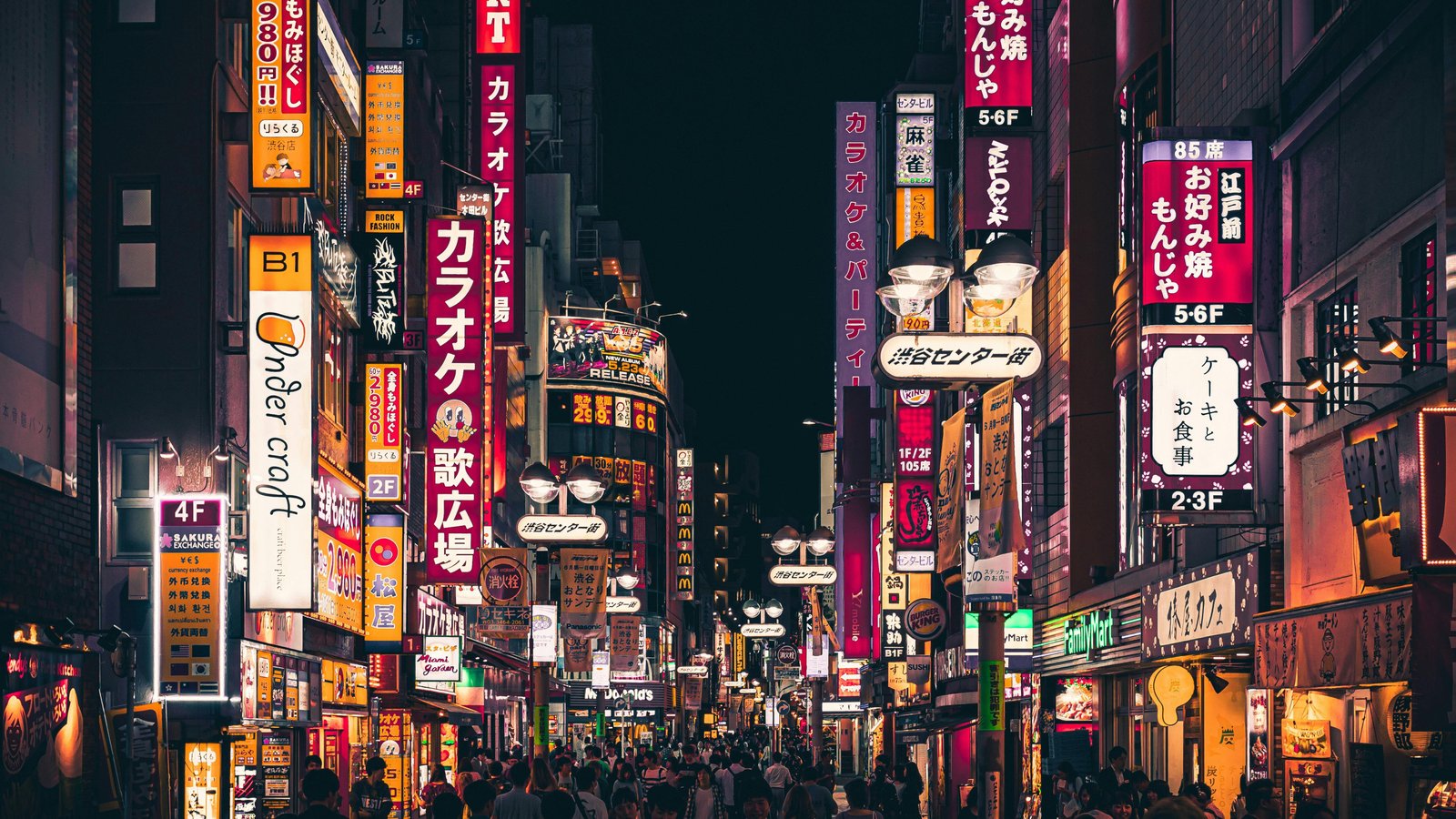When planning a trip to Tokyo, the vibrant heart of Japan, many travelers grapple with a common question: “Do I need to know Japanese to navigate this bustling metropolis?” While the language barrier can seem daunting, especially in a city renowned for its unique culture and traditions, there’s good news for prospective visitors. Tokyo welcomes millions of tourists each year, and a multitude of resources are available to help you feel comfortable, regardless of your language skills. In this article, we aim to provide you with valuable insights and practical tips to ensure that you can make the most of your Tokyo experience, even if you’re not fluent in Japanese. From essential phrases that can enhance your interactions to navigating public transport and finding helpful signage in English, we’ll explore how you can enjoy the beauty of this incredible city while embracing its rich culture. So, let’s dive in and discover how to make your Tokyo adventure both enjoyable and memorable, language barriers and all!
Tips for Navigating Tokyo Without Knowing Japanese
Navigating Tokyo without fluency in Japanese might seem daunting, but with the right strategies, you can make your visit smooth and enjoyable. First and foremost,download translation apps such as Google Translate or Papago. These apps can instantly translate text and even allow you to speak phrases, providing immediate assistance with signs or menus. Additionally, familiarize yourself with basic Japanese phrases that are useful in daily interactions. Knowing how to say “hello” (こんにちは,konnichiwa),”thank you” (ありがとうございます,arigatou gozaimasu),and “excuse me” (すみません,sumimasen) can go a long way. To further ease your navigation through Tokyo’s transportation system, consider using transit apps like Hyperdia or Google Maps, which provide English directions and train information. Many trains and stations have English signage, but having an app can help you feel more secure. When dining,look for restaurants with pictures on their menus or those that offer english translations,as visuals can simplify your choices. It’s also helpful to keep a small pocket guide with essential phrases or key locations written down in both English and Japanese to show to locals if you’re in a bind.Lastly,don’t be afraid to ask for help—most Tokyoites are kind and understand basic English. Japanese culture holds a deep respect for hospitality, and often, a polite inquiry will get you precisely where you need to go. If you’re feeling extra adventurous,striking up a simple conversation can be a rewarding experience,allowing you to connect with the local culture.
Here’s a quick reference table of handy Japanese phrases:
| English | Japanese |
|---|---|
| Hello | こんにちは (Konnichiwa) |
| Thank you | ありがとうございます (Arigatou gozaimasu) |
| Excuse me | すみません (Sumimasen) |
| Where is…? | …はどこですか? (… wa doko desu ka?) |
| I don’t understand | わかりません (Wakarimasen) |
With these tips, you’ll find that exploring Tokyo becomes not only feasible without knowledge of Japanese but also an enriching experience. Embrace the adventure, and you’re likely to discover the warmth of the city’s people and culture—even if there’s a language barrier.
Cultural sensitivity and language assistance in Tokyo
As you navigate through the vibrant streets of Tokyo, understanding the importance of cultural sensitivity and the availability of language assistance can greatly enhance your experience. While Japanese is the official language, many residents, particularly in the hospitality and tourism sectors, possess a working knowledge of English. Still, making an effort to communicate in japanese—even just a few phrases—can go a long way in garnering respect and warmth from locals. Here are some practical tips to consider:
- Learn Key Phrases: familiarize yourself with basic Japanese greetings and expressions. Phrases like “Arigatou” (Thank you) and “Sumimasen” (Excuse me) are simple but powerful.
- Use Translation Apps: Download a reliable translation app on your smartphone to help bridge the language gap when needed.
- Respect Local Customs: Understanding and adhering to cultural norms, such as bowing when greeting, can showcase your thankfulness for Japanese culture.
Furthermore, language assistance services in Tokyo have seen considerable improvement, making it easier for international visitors to feel at home. Public transport signs frequently enough feature English translations, and many restaurants provide English menus. Additionally, you might encounter helpful staff at tourist information centers who are skilled in multiple languages. Engaging in cultural exchanges, such as attending a local class or trying your hand at a conventional art, can provide a deeper understanding of the etiquette and social nuances important to the Japanese. below is a simple table showcasing common Japanese phrases that can enhance your interactions:
| Japanese | Romaji | English |
|---|---|---|
| こんにちは | Konnichiwa | Hello |
| おはようございます | Ohayou gozaimasu | Good morning |
| さようなら | Sayōnara | Goodbye |
| お願いします | Onegaishimasu | Please |
By fostering a spirit of cultural understanding and courtesy, you pave the way for enriching interactions that go beyond simple vocabulary, making your visit to tokyo truly unforgettable. Embrace the local culture with an open heart,and let Gezify be your guide to a meaningful experience in Japan’s bustling capital.
while knowing Japanese can enhance your experience in Tokyo, it is not strictly necessary for a fulfilling visit.With a little readiness, such as learning essential phrases and utilizing translation apps, you can navigate the city with confidence. Remember that many locals are friendly and willing to help, so don’t hesitate to reach out. Embrace the adventure of exploring a vibrant culture and diverse landscapes—language barriers are just one small hurdle in the journey of discovery that awaits you in Tokyo. Safe travels!
